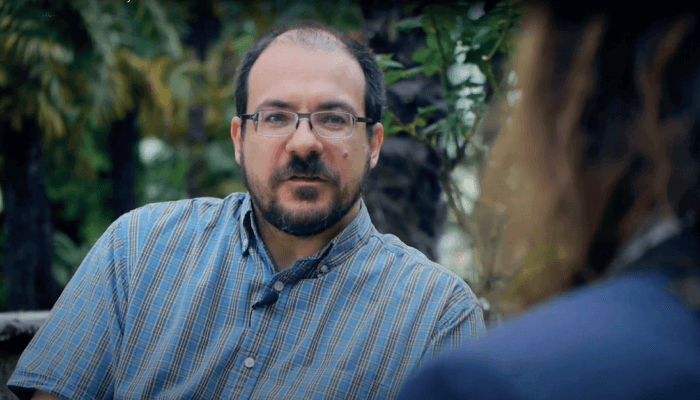
What is the state of GC today?
GC is doing well! You often hear phrases like, “GC is a mature technology” – people may take that to mean boring or dead, but I disagree. GC is far from dead – especially when we move to the area of GC×GC. In GC, there is interesting work on new stationary phases coming along, vacuum outlet GC is becoming more mainstream thanks to some plug-and-play columns that have been released recently, and when we get to GC×GC things are definitely looking up.
People are realizing that GC×GC isn’t hard, but another platform you should use, at least initially, when looking at complex problems. In the area of GC×GC-MS, there is some legitimate competition on the instrumentation side, which is great for the field because competition brings innovation – good for everyone! There are more commercial options today because the community is growing. Five or so years ago, I could do a search for all the GC×GC papers published in a year and I would know pretty well all of the corresponding authors and many of the other authors on every paper. Those days are long gone, and that is great!
There are researchers working on all aspects of the technique, and GC×GC is becoming more of a routine tool to support interesting research projects in all kinds of areas. At last year’s virtual GC×GC conference, we had over 400 people attending every day of the meeting.
What do you see ahead for GC in your crystal ball – and what developments will help it get there?
Looking into the GC and GC×GC future, I think that the communities are going to start demanding better access to data. I know a number of people in the field who are frustrated when they look at the relative ease with which LC-MS data can be accessed using third-party and custom-built tools. The GC-MS community needs to push vendors in this area. The community needs better tools to process data (especially from big studies with thousands of samples) and to develop custom solutions for processing data. To get there, we need easy, efficient, and headache-free access to raw instrumentation data.
You made the decision to go virtual with this year’s GC×GC. Can you speak to the challenges of chairing an event in the current uncertain climate?
When you’re planning an in-person event, by far the biggest challenge is predicting how many people will come in person. We did everything we could to make it as easy for people, but there are many factors that are outside of anyone’s control. I think that people are realizing that international travel will not be as simple or inexpensive as it was before COVID, and a lot of people are willing to accept some extra hassle and extra costs. However, there is a point where people will say that the extra restrictions are too much. It is a very complex situation – you’re trying to figure out if we will have enough people to justify an in-person meeting and to satisfy commitments with the venue. This was a big challenge.
In the end, we decided on the virtual route. Though this brings its own challenges, such as the significant learning curves with running our ticketing and online platforms. Even before the decision to go virtual, we had planned a significant virtual component as part of a hybrid event. We’re also doing everything with volunteer time from members of the committee (thanks to all of you!) because we want to keep the meeting affordable for our attendees.
Can you share any details about the GC×GC awards?
Many readers will know that we have two main awards that we give out each year. These are the Phillips Award, named for GC×GC inventor John B. Phillips, and the Scientific Achievement Award. The Phillips Award is generally given to people who have been active in the field for less than 10 years and who have demonstrated a significant contribution through their body of work in the peer-reviewed literature, as well as general leadership within the community. The Scientific Achievement Award is given to a more senior researcher who has been making contributions to the field of GC×GC for at least 15 years.
Come on… Spill the beans!
Our Scientific Achievement Award winner is Chiara Cordero from the University of Turin, and our Phillips Award winner is Mariosimone Zoccali from the University of Messina. Both do great work and I’m excited to see what they will be presenting this year.
Look out for upcoming interviews in The Analytical Scientist with previous winners of GC×GC’s Scientific Achievement Award




